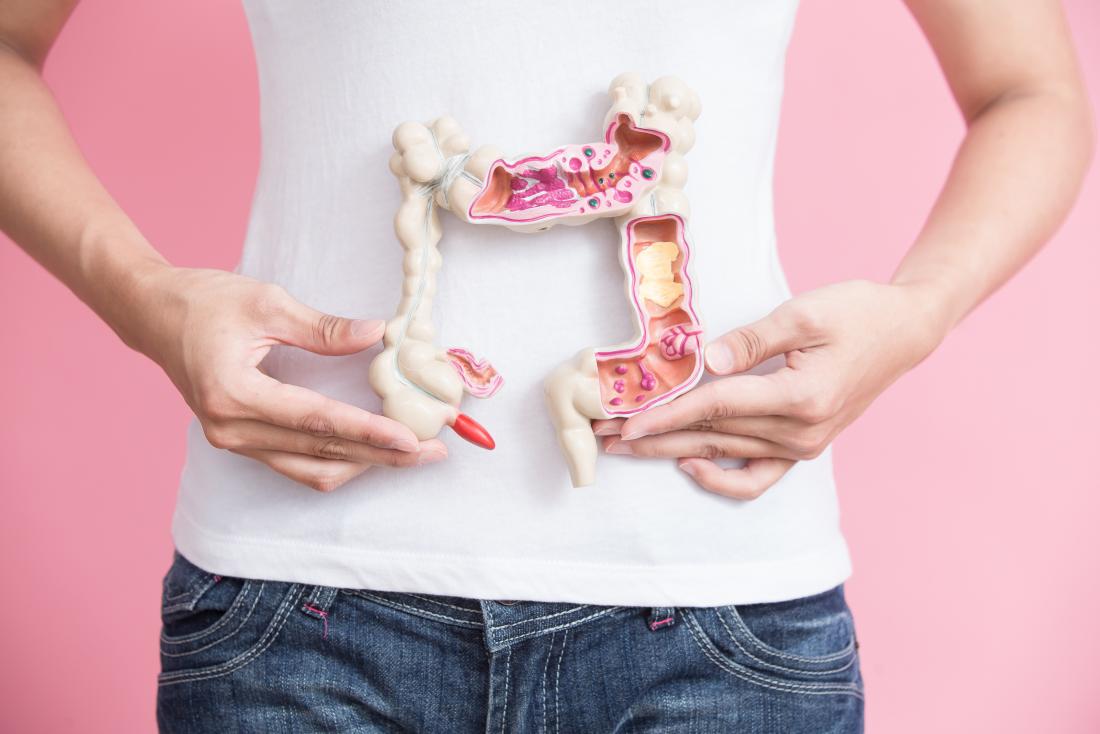
Fructose malabsorption, formerly called fructose intolerance in the diet, occurs when cells on the surface of the gut are unable to break down fructose efficiently. Fructose is a simple sugar found mostly in fruits and some vegetables. It is also found in honey and many processed foods that contain added sugar. If you consume fructose and experience indigestion problems, you may be affected by fructose malabsorption. Fructans are fermentable carbohydrates that consist of short fructose chains attached to a glucose unit.
Fructan intolerance may be associated with fructose malabsorption or be the main cause of its symptoms.
Hereditary fructose intolerance (HFI)
Hereditary fructose intolerance is a rare genetic disease that affects 1 in 20,000 to 30,000 people and occurs because the body does not produce an enzyme to break down fructose.
In people with fructose malabsorption, intestinal cells cannot absorb fructose normally, leading to bloating, diarrhea or constipation, bloating, and stomach pain.
Failure to follow a strict fructose-free diet can lead to serious health problems such as liver failure.
Fructose malabsorption is often diagnosed when a child starts eating.
Management of fructose malabsorption
Eliminate foods that are high in fructose from your diet; Like
-
Carbonated drinks, apple juice and pear juice
-
Special fruits such as plums, pears, cherries, peaches, apples, plums and watermelons
-
Desserts such as ice cream, candy and sweets containing fructose sweeteners
-
Some special grains
-
Peas
-
Sugar and honey
Low FODMAP diet in fructose malabsorption
FODMAP stands for Fermentable Oligo, Di, Monosaccharides and Polyols.
Typical FODMAP includes the following
-
Fructose: It is a simple sugar that is found in many fruits and vegetables and also forms the structure of most added sugars.
-
Lactose: Carbohydrates found in dairy products such as milk.
-
Fructan: Found in many foods, including grains such as wheat, rye and barley.
-
Polyols: Sugar alcohols such as xylitol, sorbitol, maltitol and mannitol.
-
Polyols are found in some fruits and vegetables and are often used as sweeteners.
-
Galactan: Found in large quantities in legumes.
These are short-chain carbohydrates that are resistant to digestion and, instead of being absorbed into the bloodstream, can draw water into your intestines and cause diarrhea. When these substances are fermented by hydrogen-producing gut bacteria, the released gas can lead to bloating, bloating, stomach cramps, pain and constipation.
Foods containing FODMAP
-
Fruits: apples, apricots, raspberries, strawberries, cherries, canned fruits, dates, figs, pears, peaches, watermelons
-
Sweeteners: fructose, honey, high fructose corn syrup, xylitol, mannitol, maltitol, sorbitol
-
Dairy products: milk (from cows, goats and sheep), ice cream, yogurt, sour cream, cheese and protein and whey supplements
-
Vegetables: artichokes, asparagus, broccoli, beets, Brussels sprouts, cauliflower, garlic, fennel, leeks, mushrooms, okra, onions, peas
-
Wheat products: bread, pasta, most breakfast cereals, waffles, pancakes, crackers, biscuits
-
Drinks: beer, fortified wine, soft drinks, milk, soy milk, juice
-
Legumes: beans, peas, lentils, soy
-
Other cereals: barley and rye
Foods you can eat on a low FODMAP diet
-
Fruits: banana, blueberry, cantaloupe, grapefruit, grape, kiwi, lemon, melon, orange, raspberry, strawberry
-
Vegetables: bell peppers, carrots, celery, cucumber, eggplant, ginger, green beans, cabbage, lettuce, onions, parsley, potatoes, radishes, spinach, squash, sweet potatoes, tomatoes, turnips, chestnuts
-
Sweeteners: Maple syrup, nectar and juices
-
Dairy products: Lactose-free dairy products and hard cheeses
-
Drinks: water, coffee, tea, etc.
-
Cereals: corn, oats, rice
-
Meat, fish and eggs
-
All fats and oils
-
Most herbs and spices
-
Nuts and seeds




